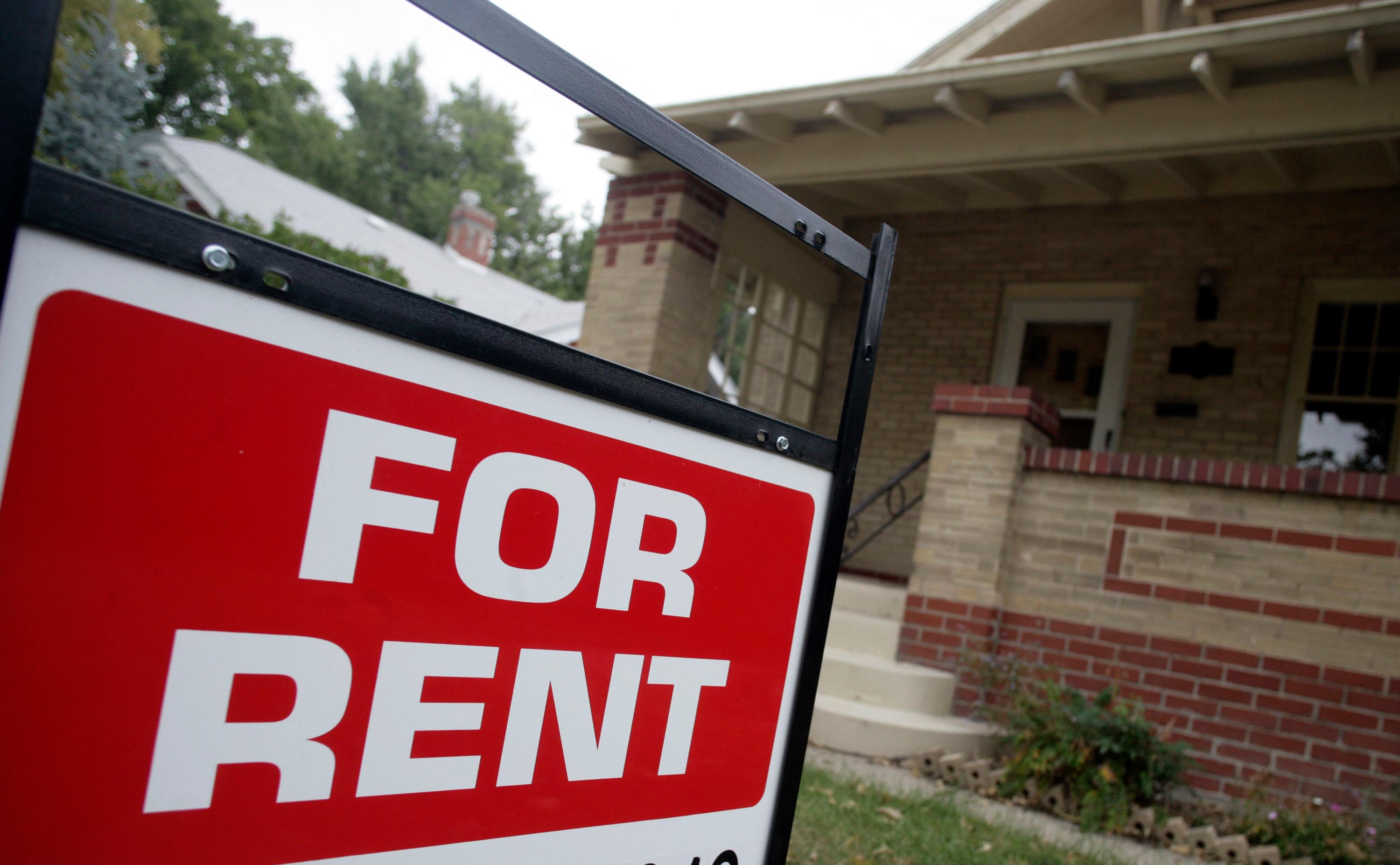
After more than five hours of Senate debate Monday, Democrats remain on track to pass one of the most substantial legal changes yet to Colorado’s rental market.
The “for cause” evictions bill would force landlords to offer lease extensions in many cases, giving tenants a better chance at renewing their leases. Republicans successfully amended the bill twice, with the hours of debate divided among a mix of filibuster-style speeches and detailed arguments over the policy.
A similar bill died amid Democratic infighting in 2023, and this year’s measure faced questions from several moderate Democrats. The bill still faces a third reading in the Senate, then must return to the House for reconsideration there.
Supporters said the change would give renters new stability, ensuring they don’t lose their housing without good reason. Republicans decried the change as an infringement on landlords’ property rights.
“This is America, folks. We don’t do that here,” said Sen. Barbara Kirkmeyer, a Weld County Republican. Landlords said that letting a lease expire is a way to get rid of problem tenants without resorting to a more costly eviction.
“We want to encourage people to be landlords, we want to encourage people to put properties up for rent,” said Sen. Jim Smallwood, a Republican, who talked at length about his relationship with a tenant he said treated him badly.
“As a property owner, I should have the right to toss a tenant who’s horrible to me all the time,” he said.
This year’s version was substantially reduced from the earlier “just cause” proposal.” But it kept the core focus of the bill, which is to make it harder for landlords to force out tenants by refusing to renew the lease.
“The right to be safe and have stability in the home should not be mutually exclusive with the landlord’s right to use the property as a method for developing their wealth,” said Sen. Nick Hinrichsen of Pueblo, a Democratic sponsor of the measure.
Throughout the day, Republicans made lengthy comments and offered several amendments as they tangled over the details of the bill. Two of their amendments were initially accepted by Democrats, though Republicans made no secret that they hoped to kill the measure altogether, or at least give landlords more leverage in the final version.
Under current law, landlords are usually free to decide whether or not to offer a lease renewal. The new bill would require them to have a specific reason to refuse. For example, a landlord could decline to renew if the property is going to be sold, substantially repaired, or renovated, or if the landlord’s family plans to move in.
If the landlord doesn’t have a specific reason, they would be required to offer a new lease with “reasonable” terms, though they could raise the rent and make other changes to the previous agreement. If the landlord fails to follow the proposed new law, the tenant would have a strong legal case against being forced to move.
Amendments to the measure have stripped back some parts. Even before this week, sponsors had given up on the idea that landlords would have to pay automatic compensation for some violations of the law.
Sen. Kyle Mullica, a Democrat, at one point proposed a total rewrite that he hoped would break the impasse. His version would only have required landlords to provide notice before allowing a lease to expire. Republicans supported that idea, but it failed due to a lack of Democratic support.
The successful Republican amendments were generally focused on giving landlords more latitude in certain cases when they want to refuse a renewal. However, one was later canceled out by Democrats.
Five other states have similar "just cause" or "good cause" eviction laws, including New Jersey, California, New Hampshire, Oregon, and Washington, according to the National Low Income Housing Coalition. However, their policies differ in the details.
A 2019 study in the Journal of Public & International Affairs found that “just cause” laws were associated with lower eviction rates in California cities.
New Jersey has had such a law since 1974, with no apparent ill effects on the rental market, reformers argue.
“There’s a thriving rental market in New Jersey, it has not collapsed by any stretch of the imagination,” said Peter Hepburn, a sociologist at Rutgers University-Newark, in a recent Vox article.
At the same time, he conceded that the New Jersey law hadn’t had much effect on eviction rates, since landlords can still raise the rent substantially.







